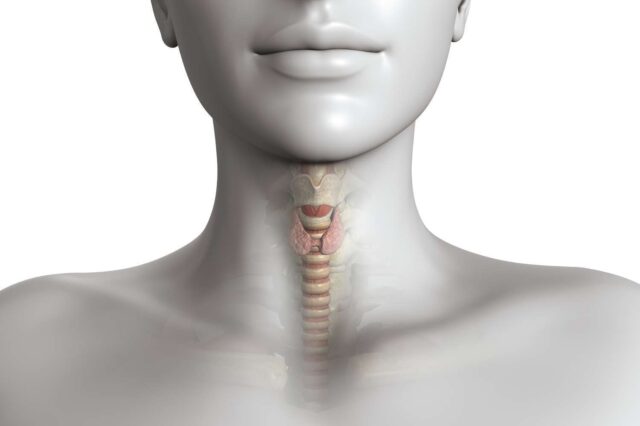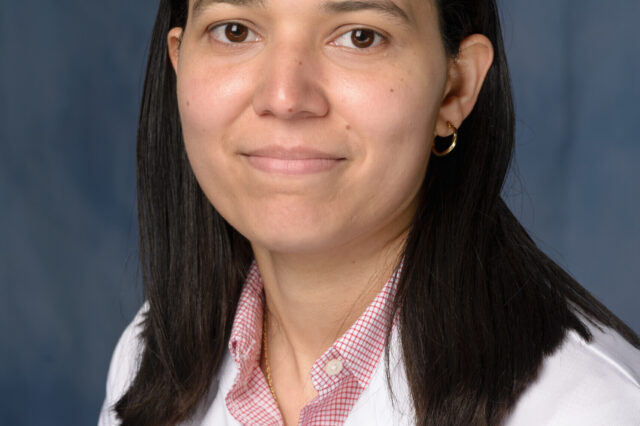Thyroid diseases are common, but about 60% of people are unaware of their condition.
Quick facts
- 20 million Americans have thyroid disease.
- 1 in 8 American women will develop thyroid disease in their lifetime.
- 12% of Americans will experience a thyroid condition, according to the American Thyroid Association.
Function of the thyroid
- Regulates the rate at which your body uses energy. This is known as metabolic rate, and it affects weight gain and loss.
- Speeds up and slows down heart rate.
- Lowers or raises body temperature.
- Influences the speed at which food moves through the digestive tract.
- Affects brain development.
- Controls the way muscles contract.
- Controls the rate at which the body replaces dying cells, which in turn manages skin and bone maintenance.
Types of thyroid diseases
Hypothyroidism and hyperthyroidism are the two main types of thyroid disease. Cancers, inflammation, and other conditions can occur within the thyroid, but are more rare and treatable.
Hypothyroidism
Hypothyroidism is the most common thyroid disease. This is when the thyroid is underactive. The autoimmune disease Hashimoto’s Thyroiditis often causes hypothyroidism. A malfunction in the immune system causes the body to attack its own healthy cells.
Symptoms include weight gain, fatigue, dry skin, hair loss, cold intolerance, depression, muscle weakness, and slowed heart rate. Daily thyroid hormone replacement therapy is the treatment option.
Hyperthyroidism
When the thyroid is overactive, this is called hyperthyroidism. Sweating, weight loss, irritability, rapid heartbeat, nervousness, and heat intolerance are the symptoms. The main cause of hyperthyroidism is the autoimmune disorder Grave's disease. People with Grave's disease can have bulging eyes, skin thickening, and an enlarged thyroid. Anti-thyroid medications, radioactive iodine therapy, or thyroid surgery are the treatment options.
Risk factors
- Age: Thyroid disease is more likely to occur in those over 60.
- Gender: Women are more likely to develop thyroid disease because they have a more vigorous immune response.
- Other autoimmune diseases: Type 1 diabetes, celiac disease, and other autoimmune disease increase the risk of thyroid disease.
- Genetics: Family history increases the risk of thyroid disease.
- Pregnancy and postpartum: Pregnant or postpartum women are more likely to develop thyroid disease because of hormonal and immune changes.
- Iodine intake: In areas where iodine is scarce, the risk of developing hypothroidism increases.
- Other risk factors: Stress, radiation exposure, smoking, injury, and certain medications can increase the risk of thyroid disease.
Reducing risk factors
- Exercise
- Healthy diet
- Avoid smoking
- Manage stress
Sources










